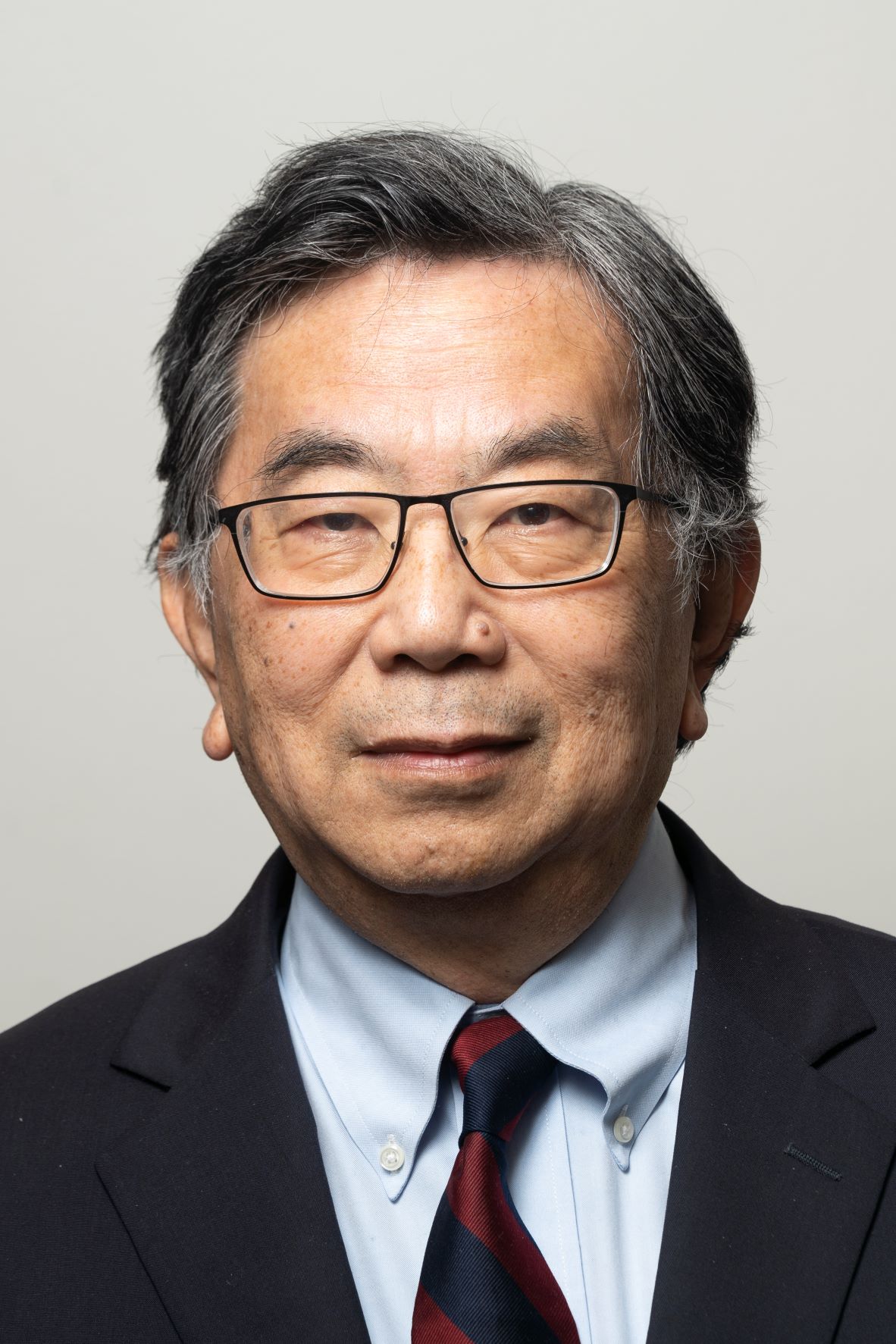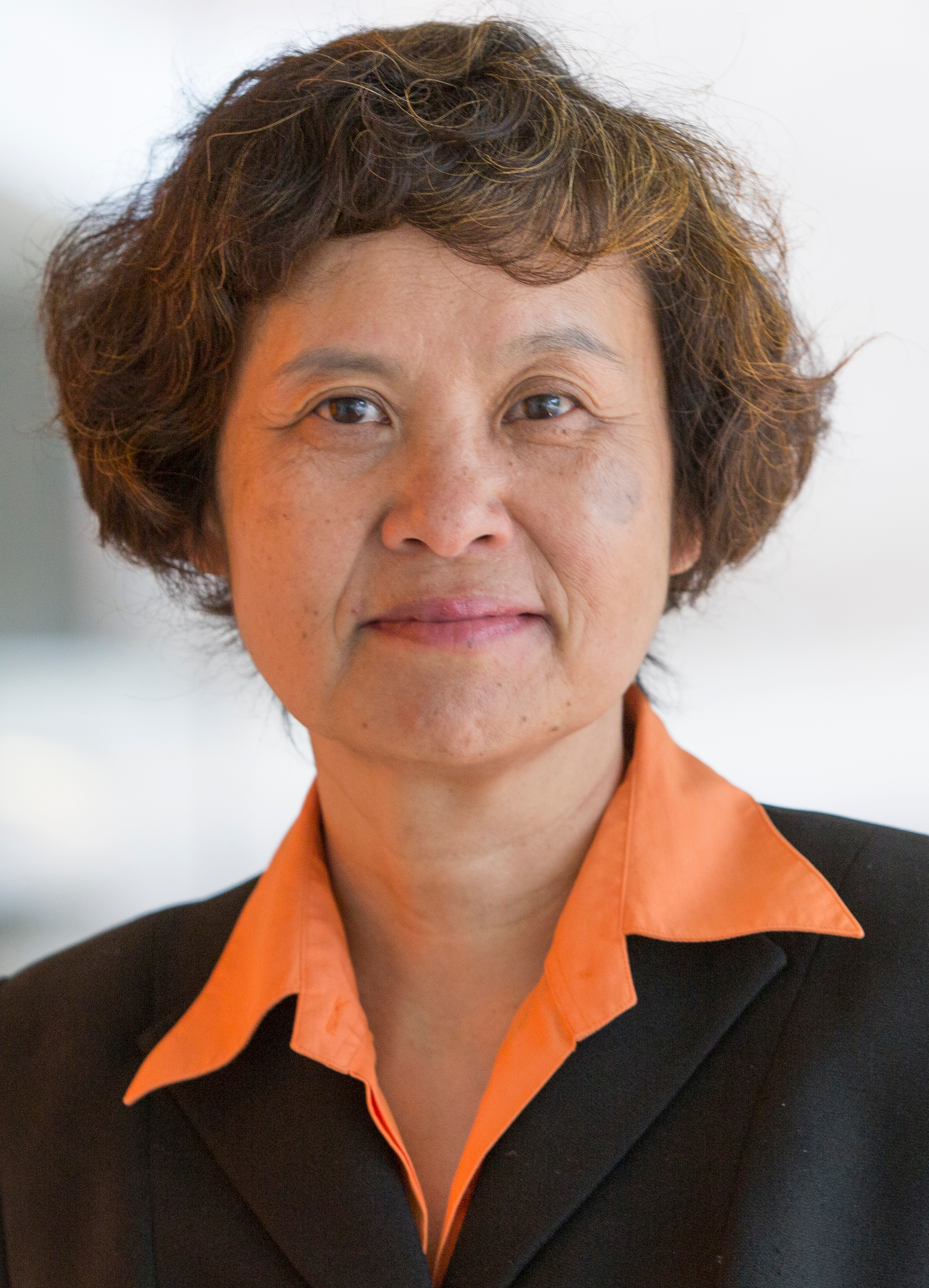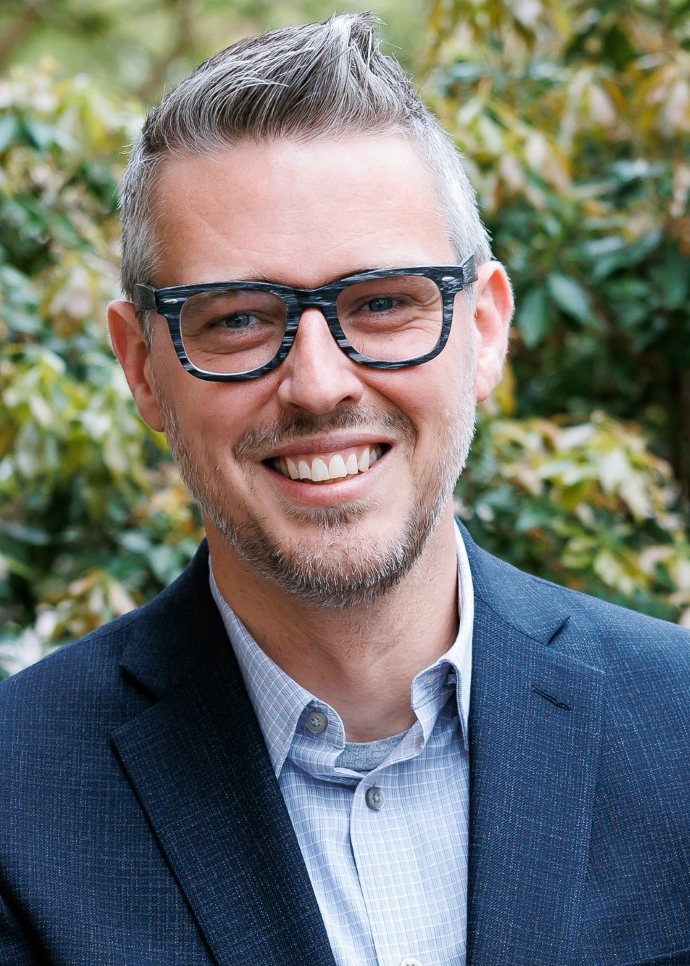The MECC conference program is available at https://ifac.papercept.net/conferences/conferences/MECC22/program/
All MECC 2022 programs including workshops will run in US Eastern Time.
A pdf copy of the conference booklet is now available at this link.
Plenary Speakers

Exploration in the Forest of Mechanical Systems Control
Speaker: Dr. Masayoshi Tomizuka
Date: Oct. 3rd (Monday)
Abstract
I have thoroughly enjoyed teaching and research in the field of mechanical systems
control over the past fifty years. This field has been full of new theory, new
mechanical
hardware and new tools for real time control, and is nothing but the world of
mechatronics.
In this talk, I would like to give a brief review of how this field has developed
during the past
fifty years and what my personal involvements have been in this field and what my
current
involvements are. Overall, the talk is a chronicle of my journey of exploration with
my students in
the forest of mechanical systems control.
Biography
Masayoshi Tomizuka received his Ph. D. degree in Mechanical Engineering from the
Massachusetts Institute of Technology in February 1974. In 1974, he joined the
faculty of the Department of Mechanical Engineering at the University of California
at Berkeley, where he currently holds the Cheryl and John Neerhout, Jr.,
Distinguished Professorship Chair and serves as Associate Dean for the Faculty in
the College of Engineering. His current research interests are optimal and adaptive
control, digital control, motion control, and control problems related to robotics
and manufacturing, vehicles and mechatronic systems. He served as Program Director
of the Dynamic Systems and Control Program of the National Science Foundation
(2002-2004). He has supervised about 130 Ph. D. students to completion. He served as
President of the American Automatic Control Council (AACC) (1998-99). He is Honorary
Member of the ASME, Life Fellow IEEE, and Fellow of IFAC and the Society of
Manufacturing Engineers (SME). He is the recipient of the J-DSMC Best Paper Award
(1995, 2010), the DSCD Outstanding Investigator Award (1996), the Charles Russ
Richards Memorial Award (ASME, 1997), the Rufus Oldenburger Medal (ASME, 2002), the
John R. Ragazzini Award (AACC, 2006), the Richard Bellman Control Heritage Award
(AACC, 2018), the Honda Medal (ASME, 2019) and the Nichols Medal (IFAC, 2020). He is
a member of the National Academy of Engineering.

Bridging the Gap in Prediction, Estimation, and Control of Integrated Systems
Speaker: Dr. Jing Sun
Date: Oct. 4th (Tuesday)
Abstract
Integrated systems are ubiquitous as more heterogeneous physical entities are
combined to form functional platforms.
New and “invisible” feedback loops and couplings are introduced with increased
connectivity, leading to emerging
dynamics and making the integrated systems more control-intensive. The
multi-physics, multi-time scale, and
distributed-actuation natures of integrated systems present new challenges for
modeling and control. Understanding
their operating environments, achieving sustained high performance, and
incorporating rich but incomplete data also
motivate the development of novel design tools and frameworks.
In this talk, I will use the integrated thermal and power management of connected
and automated vehicles (CAVs) as
an example to illustrate the challenges in the prediction, estimation, and control
of integrated systems in the era
of rapid advances in AI and data-driven control. While first-principle-based
modeling is still essential in
understanding and exploiting the underlying physics of the integrated systems,
model-based control and optimization
have to be used in a much richer context to deal with the emerging dynamics and
inevitable uncertainties. For CAVs,
we will show how model-based design, complemented by data-driven approaches, can
lead to control and optimization
solutions with a significant impact on energy efficiency and operational
reliability, in addition to safety and
accessibility.
Biography
Jing Sun received her Ph. D degree from the University of Southern California in
1989 and her master's
and bachelor's degrees from the University of Science and Technology of China in
1984 and 1982, respectively.
From 1989 to 1993, she was an assistant professor in the Electrical and Computer
Engineering Department at
Wayne State University. She joined Ford Research Laboratory in 1993, where she
worked on advanced powertrain
system controls. After spending almost ten years in the industry, she returned to
academia in 2003. She joined
the University of Michigan, where she is the Michael G. Parsons Collegiate Professor
in the Naval
Architecture and Marine Engineering Department, with joint appointments in the
Electrical Engineering and
Computer Science Department and Mechanical Engineering Department at the same
university. She holds 44 U.S.
patents and has published over 300 archived journal and conference papers. She is a
Fellow of NAI
(the National Academy of Inventors), IEEE (Institute of Electrical and Electronics
Engineers), IFAC
(International Federation of Automatic Control), and SNAME (the Society of Naval
Architecture and Marine Engineering).
She is a recipient of the 2003 IEEE Control System Technology Award.

“Mechanical Intelligence” in Robotic Manipulation: Good Design Makes Everything Easier
Speaker: Dr. Aaron Dollar
Date: Oct. 5th (Wednesday)
Abstract
The human hand is the pinnacle of dexterity – it has the ability to powerfully grasp
a wide range of object
sizes and shapes as well as delicately manipulate objects held within the
fingertips. Current robotic
and prosthetic systems, however, have only a fraction of that manual dexterity. My
group attempts to
address this gap in three main ways: examining the mechanics and design of effective
hands, studying biological
hand function as inspiration and performance benchmarking, and developing novel
control approaches that
accommodate task uncertainty. In terms of hand design, we strongly prioritize
passive mechanics, including
incorporating adaptive underactuated transmissions and carefully tuned compliance,
and seek to maximize
open-loop performance while minimizing complexity. In this talk, I will discuss how
constraints imparted by
external contacts in robotic manipulation and legged locomotion affect the mobility
and control of the
mechanism, introduce ways that these can be redressed through novel design
approaches, and demonstrate
how our group has been able to apply these concepts to produce simple and robust
grasping and dexterous
manipulation for tasks that are difficult or impossible to perform using traditional
approaches.
Biography
Aaron Dollar is a Professor of Mechanical Engineering & Materials Science and
Computer Science at Yale University.
He earned a B.S. in Mechanical Engineering at the University of Massachusetts at
Amherst, a Ph.D. in Engineering
Science at Harvard University, and was a postdoctoral associate at MIT in Health
Sciences and Technology and the
Media Lab. Prof. Dollar is the recipient of a number of awards, including young
investigator awards from
AFOSR, DARPA, NASA, and NSF, and is the founder of the IEEE Robotics and Automation
Society Technical Committee
on Mechanisms and Design. Aside from more than 200 peer-reviewed papers and
mentoring over 40 PhD Students and
Postdocs, his work has made an impact through the Yale OpenHand Project, the YCB
manipulation benchmarking
initiatives, and lab spin-off company RightHand Robotics, among others.
ASME DSCD Oldenburger Medal & Lecture, Nyquist Lecture, and Honors and Awards
Several exciting events of the ASME Dynamic Systems and Control Division (DSCD) will take place at MECC 2022, including the Oldenburger Lecture along with the DSCD Award Ceremony (on Tuesday, October 4th from 11:35AM to 1:50PM), and the Nyquist Lecture (on Monday, October 3rd at 4:00PM).Professor Wayne Book, HUSCO/Ramirez Professor (emeritus) of Georgia Institute of Technology, the 2022 Rufus T. Oldenburger Medalist, will give a presentation titled “Strong, Swift Arms on a Diet”. Professor Reza Moheimani, James Von Ehr Distinguished Chair at UT Dallas, will present the 2022 ASME DSCD Nyquist Lecture titled “Control of Scanning Tunneling Microscope for Silicon Quantum Device Fabrication: Mechatronics at the Atomic Scale”. In addition, the following awards will be presented: Henry M. Paynter Outstanding Investigator Award, Charles Stark Draper Innovative Practice Award, Michael J. Rabins Leadership Award, and the Rudolf Kalman Best Paper Award. Please see more details here and here .
Newest Advances in Systems and Control from Recent DCSD CAREER Awardees
This special session brings together recent CAREER awardees from the Dynamics, Control and Systems Diagnostics program at the National Science Foundation to discuss their research. You will hear about the latest advances in a wide variety of topics covering both fundamental understanding and cutting‐edge applications. The format of this session will provide the audience ample time for questions and for the entire group to explore future directions in the field of systems and controls. Please see details on the special session page.Funding Agency Talks
In this special session, program managers from funding agencies such as NSF and DoD will provide overview and Q&A to research related to their programs. Please see details on the special session page.Student Programs
MECC 2022 offers student supports and exciting student programs. Please visit the students page for details.Social and Networking Activities
Opening Reception
Sunday, October 2
6:00PM–8:30PM
Newport I&II and the Newport Foyer
Start this year’s conference off right! Enjoy reconnecting with your friends and
colleagues over cocktails and hors d’oeuvres.
Tickets and/or Badges are required.
Extended Coffee Breaks
Daily (Monday through Wednesday, with no afternoon break on Wednesday)
9:30AM–10:00AM and 3:30PM–4:00PM
Newport Foyer
Morning and afternoon coffee breaks are scheduled daily in the Registration Area.
Coffee, tea, lemonade, iced tea and light breakfast snacks will be served.
Poster Presentations
Daily (Monday through Wednesday, with no afternoon session on Wednesday)
9:30AM–10:00AM and 3:30PM–4:00PM
Newport Foyer
This year’s conference program includes daily poster presentations. Researchers will
present their latest results in a poster format, and attendees and presenters will
have an opportunity to interact, discuss, and share ideas.
